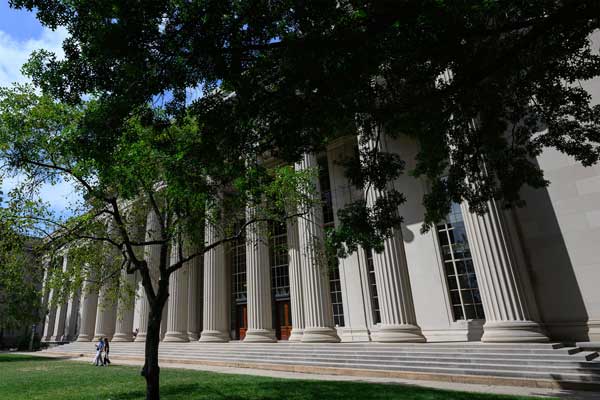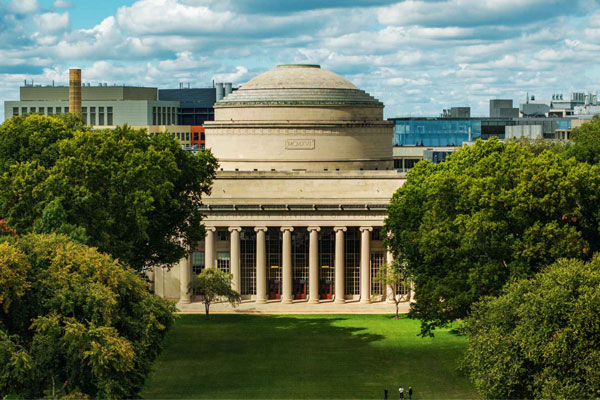Spotlight: Jan 24, 2026
New research helps explain why the huge atmospheric whirlpools rotating over the north poles of Jupiter and Saturn are starkly different despite the planets’ other similarities. The findings could also shed light on what lies beneath the clouds, in the giant planets’ interiors.






